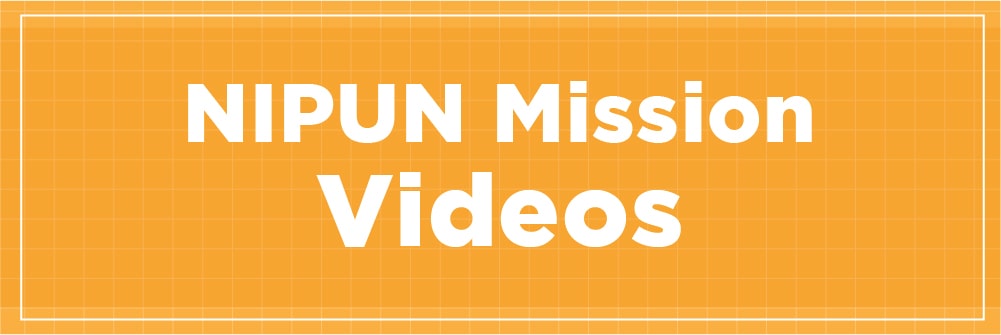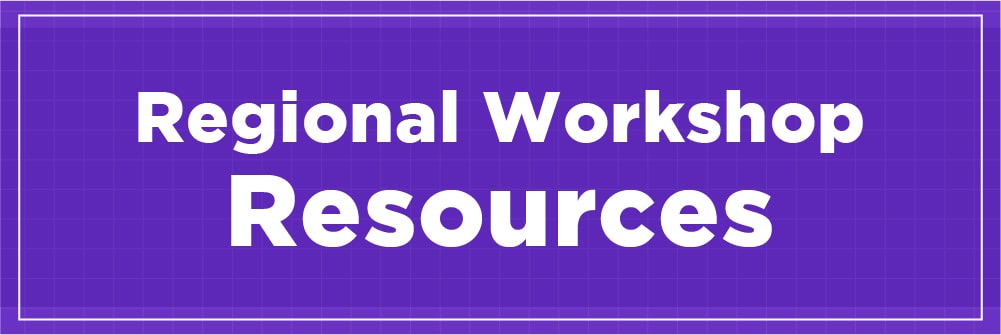
About Foundational Literacy & Numeracy (FLN)
The early years (0 to 8 years) are the most significant period of growth and development in a child’s life because this is when the foundations are laid for holistic development and all learning. Children who participate in quality early childhood education programme demonstrate considerable gains in social, educational and intellectual spheres, distinctively different from those who do not participate in ECCE programmes. Strong foundations in the early years has lasting impact on children’s development and are considered to be critical inputs in improving the enrolment and participation of children in formal schooling. Research shows that good quality early learning/early childhood education programmes help to reduce the chances of dropout and repetition and improves outcomes at all levels of education.
As a part of implementation of NEP -2020 Ministry of Education , Govt. of India has launched NIPUN Bharat Mission for FLN. The aim of FLN is to ensure that children learn in a joyful manner through play, stories, rhymes, activities, local art, craft and music and develop strong foundations for lifelong learning. The mission outlines learning outcomes which have been designed in a spiral and progressive manner from Preschool to grade three aiming at holistic development and learning
Explore Developmental Goal wise e-content
Development Goal 1: Children Maintain Good Health and Wellbeing
This goal is an overarching goal which includes development of competencies related to physical, socio-emotional, and psychological health and well-being of children for life. This goal continues to provide experience for health and wellbeing, socio emotional development, health, nutrition, hygienic practices, and safety
Development Goal 2: Children Become Effective Communicators
This goal is to enable children to orally communicate with ease and competence in the preschool or school language, become print aware, understand, or make a meaningful connection with reading and writing in familiar contexts, develop interest in books and in learning to read is essential.
Development Goal 3 : Children become involved learners and connect with their immediate environment
This goal is to enable children to form concepts related to the world around them through direct experience and interactions with the physical, social, and natural environment through language, mathematical thinking, and environmental awareness.










